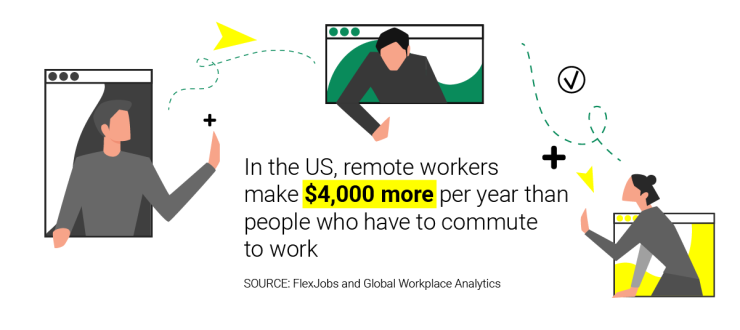
Developing countries: “Join the fourth industrial revolution now”, says MTN tech leader
Developing nations should lead the charge towards bridging the digital divide, says MTN’s Chairman of the Board Ernest Ndukwe
“The global superpowers have led the digital revolution so far. But not all countries have reaped the benefits,” says Ndukwe. Because countries like the US enjoy a wide availability of information and communication technology, it has become an indispensable factor in their macroeconomic growth. As a result, their living standards have risen. The reality for most developing countries is different.
He says that when developing countries refuse to join the race, it creates a digital divide that disadvantages every member of that society. Here are his four messages for mankind at the dawn of the digital revolution.
Join the 5G revolution and prosper, or get left behind
All countries must make a choice: are they in, or out? There’s no in between. Nations that join the information age will become more affluent and those that don’t will remain poor. Today, there’s a race between nations to roll out the 5G network. Countries that want to stay competitive are developing rapidly.

The promise of 5G lies in how it will enable the development of smart cities, smart homes, the internet of things, self-driving cars, virtual and augmented reality, smart factories, and many more innovations.
The technology that arises out of the widespread use of 5G will create 22 million jobs and 13 trillion dollars of economic output by 2035.
Be ready to take advantage of tech advancements from other countries
We don’t need to start from scratch with our own nation’s technology. Developed countries have spent decades making ICT innovations that we developing countries can and should adopt. When the internet arrived, the Chinese took advantage of it. But key to doing this successfully is education: the greatest manpower for any nation is its people. Once people are well-educated and informed anything can happen.

In Nigeria, before we opened up to the telecommunications industry in 2001, many companies like Mastercard or Amex didn’t show up anywhere in our country because we lacked the basic requirement: the right technology. But as soon as we got it, these companies came and the market expanded. Now there are companies in Nigeria competing with Mastercard: locally developed financial companies. That shows you the importance of opening up.
Young people must join the worldwide virtual talent grid
The world of work is becoming a virtual place. People used to work for companies for several years. Today it’s a gig economy. We can enjoy the flexibility of dictating how much we put into our jobs.
But we can only do that when we have the right skills to give. Education has a lot to do with that. That’s what Nexford is helping to achieve.
In Nigeria our people will be able to take advantage of jobs around the world with the right, fundamental career tools in demand by employers all over the world.

Young people in Nigeria today should seek to have international appeal but still look to solve local problems. Identify a niche and look at how technology can help to solve problems there. Getting involved in the opportunities both in your home country and internationally is important because today we all live in a global village.
Watch the full webinar with Ernest Ndukwe hosted by Nexford.
Believe in a world without borders? Our BBA or MBA degree programs could be for you: learn more

Ola is a business development professional and experienced entrepreneur with a demonstrated history of building startups and managing strategic initiatives, particularly in the education and performing arts industries. She is the Country Manager at Nexford.
Join our newsletter and be the first to receive news about our programs, events and articles.